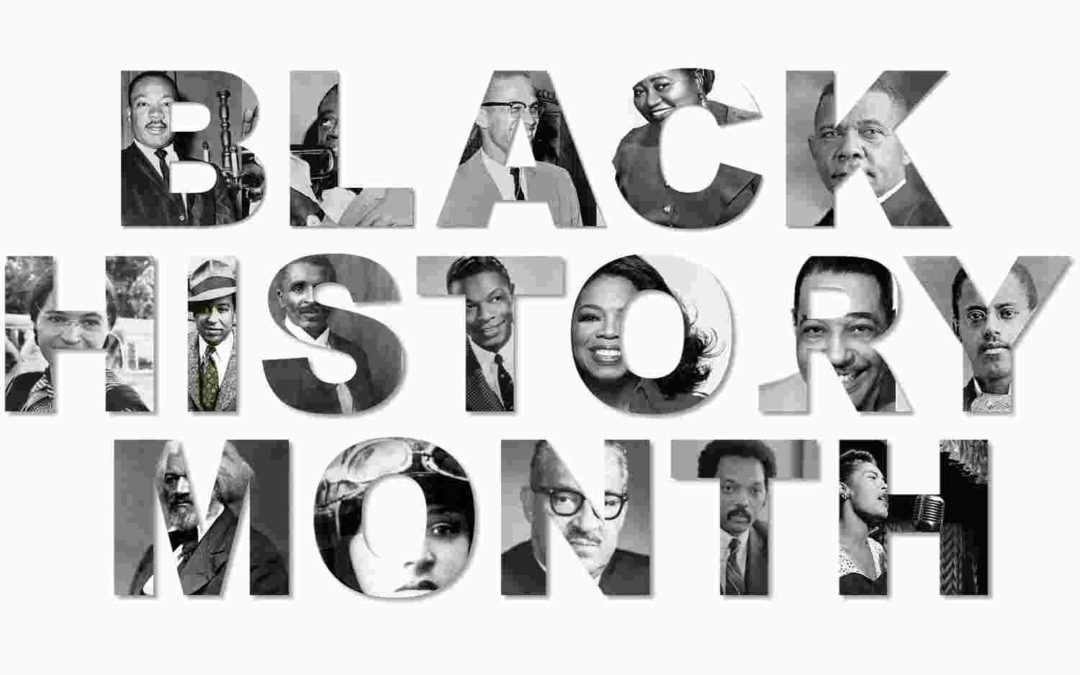No matter the country, time period, or people group, a trend has always existed in which history is taught through one perspective – typically the perspective of the dominant demographic. Our nation’s Black History Month (February), is an attempt at letting our country hear, read and discover our mutual history, and our contributions, as a minority, that have made America a great nation. I cannot imagine what kind of country America would be if not for its Black inventors, scientists, explorers, and writers. Furthermore, there have been several people of color who have shaped our understanding of our Christian faith, doctrine, and worship, such as Athanasius, Martin Luther King Jr., and St. Augustine of Hippo.
How can we truly raise up a generation of people next door to everyone if we do not know their stories? I understand that, for the dominant culture, that means listening to stories that may not be comfortable to hear. But we cannot, as our vision statement puts it, “see a vital movement of the Gospel, fueled by prevailing prayer, flowing freely through relational networks and out into the nations” if we have not secured relational networks by listening to one another and engaging in the stories of other people, culture, and ethnic groups. This concept has to become part of the fabric of Navigator staff and the students they disciple, if we are to have this freely flowing vital movement of the Gospel into the nations. We need to engage other demographics and understand their history, their struggles, and their contribution to the world if we desire to reach them with the Good News and equip them to pass it on. That is why we need Black History.
In an age that has information available at the press of a button or the click of a link, it should be easy to find something to initiate better understanding. My wife and I have watched culturally educational movies with the Bourkes, our NavCity Leaders, to help them understand and empathize with those that they hope to reach for Christ. There is an abundance of movies, books, and videos that help people connect with what it is like to be Black in America. The Navigators have to build trust through heightened understanding and appreciation of minorities’ experiences. This will allow us to have this crossing of cultures into new cities and nations, teams of mobile pioneers intentionally proclaiming and embodying the good news of Jesus Christ, in such a way that transforms communities. This crossing of culture can begin with Black History Month if we as Navigators are intentional.
If we believe that the Gospel can bring joy and hope to communities so that relationships are healed and justice increased, then it must begin soon. Why not now – after all, we have 29 days instead of 28 days this year to learn. But who says it has to last one month?
Happy Black History Month!




